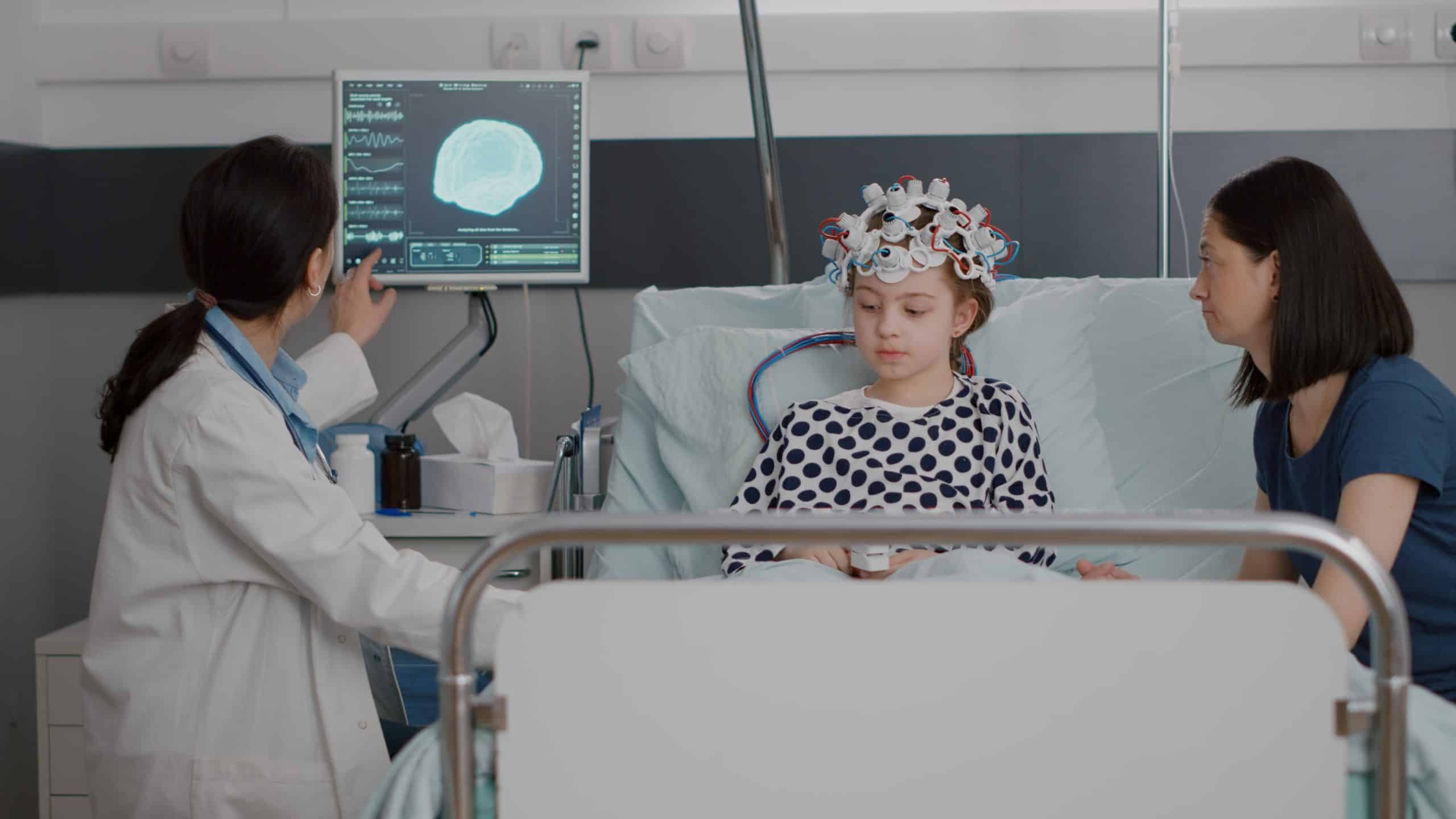How Are AI-Powered Personal Assistants Evolving to Manage Home Automation?

In the last few years, artificial intelligence (AI) has taken a significant leap forward. It has permeated our lives in ways we never thought possible. Now it is managing our homes for us, adding a layer of convenience we never thought conceivable. AI-powered personal assistants have become an integral part of modern living, changing the way we interact with our homes.
The Evolution of AI-Powered Personal Assistants
AI-powered personal assistants started with simple tasks, like setting alarms or retrieving information from the internet. Now, they have evolved into intelligent beings capable of controlling our homes. But how did we get here?
A lire aussi : Can Machine Learning Algorithms Predict Epidemic Outbreaks in Real-Time?
During the initial days of AI, these assistants functioned based on predetermined scripts and commands. They were binary, understanding only ‘yes’ or ‘no’. However, their evolution started when machine learning was introduced. This allowed the assistants to learn from their interactions, improving their capabilities over time.
The introduction of natural language processing allowed these assistants to understand and respond to conversational language, making them more user-friendly. As they evolved, these assistants began integrating with other devices around the home, allowing them to control various aspects of the home. This marked the first step of these assistants entering the realm of home automation.
A lire aussi : How Is Deep Learning Enhancing Natural Language Processing for More Intuitive Computing?
How AI-Powered Personal Assistants Manage Home Automation Today
Today, AI-powered personal assistants have infiltrated our homes in more ways than one. They can control our lights, manage our thermostats, and even lock our doors. They have become the central hub of our smart homes, connecting all the smart devices and enabling seamless interaction between them.
These assistants use a combination of AI technologies like machine learning and natural language processing to manage our homes. Machine learning helps these assistants learn our daily routines and adjust the home automation accordingly. For instance, they can learn what time you usually get up in the morning and adjust the thermostat to your preferred temperature before you wake up.
Natural language processing, on the other hand, allows these assistants to understand and respond to our voice commands. You can simply tell your assistant to switch off the lights in the living room, and it will carry out the command. This level of convenience is unprecedented and has made home automation far more accessible to the common people.
The Role of IoT in Home Automation
One crucial component of home automation is the Internet of Things (IoT). IoT allows different devices to connect to the internet and to each other. This network of interconnected devices forms the basis of a smart home, and AI-powered personal assistants act as the central hub of this network.
IoT devices send information to the personal assistant, which then processes this information using AI technologies and takes appropriate actions. For instance, a smart thermostat can send information about the current temperature to the personal assistant. The assistant can then use this information and your preset preferences to adjust the temperature.
IoT also enables remote control of home automation. You can control your home’s devices from your smartphone or other devices, even if you are not at home. This adds an extra layer of convenience and security to home automation.
Future of AI-Powered Personal Assistants in Home Automation
The future of AI-powered personal assistants in home automation is promising. As AI technologies continue to evolve, these assistants are only going to get smarter and more capable.
The future might see these assistants predicting our needs even before we realize them. For instance, they might be able to predict that you are about to run out of milk based on your consumption patterns and automatically order it for you.
Another potential development could be the integration of AI-powered personal assistants with more advanced devices. Right now, these assistants can control relatively simple devices like lights and thermostats. In the future, they might be able to manage more complex devices like cooking appliances, further enhancing the convenience of home automation.
In conclusion, AI-powered personal assistants have come a long way since their inception. They have evolved from simple assistants into intelligent beings capable of managing our homes for us. As AI technologies continue to advance, the capabilities of these assistants will only expand, leading to a future where our homes are truly smart and AI-powered.
The Increasing Popularity of Smart Speakers and Voice Assistants
In the realm of smart homes, smart speakers and voice assistants have become increasingly popular. With the evolution of artificial intelligence, these devices have become a vital part of home automation. From Google Assistant to Amazon’s Alexa, these AI-powered personal assistants are transforming our homes into intelligent living spaces.
Smart speakers are essentially voice-activated computers that can carry out a host of tasks. They can play music, answer questions, and control smart devices in your home. With the help of voice recognition and natural language processing, these speakers can understand and execute voice commands, adding an extra layer of convenience to home automation.
Voice assistants, on the other hand, are software programs that use AI technologies to interact with users. They can perform tasks or services for an individual based on voice commands. Voice assistants are commonly found in smartphones, tablets, and smart speakers.
The growing popularity of smart speakers and voice assistants can be attributed to their ease of use and the convenience they offer. You can simply tell your voice assistant to dim the lights or turn up the thermostat, and it will execute your command. The ability to control your home’s devices with just your voice has truly revolutionized home automation.
Moreover, these devices are constantly learning and evolving. With the help of machine learning, they can learn from their interactions and become more efficient over time. They can understand your preferences and routines, and adapt the home automation accordingly. For instance, if you usually listen to soothing music in the evening, your smart speaker might start playing your favorite playlist as soon as you come home from work.
Blog Generator and AI-Powered Personal Assistants
The advent of AI-powered personal assistants has also revolutionized content creation, particularly in the field of blogging. A blog generator powered by AI can create engaging and high-quality content in a matter of minutes. It uses machine learning and natural language processing to understand the topic, generate ideas, and write the blog.
These blog generators can be a great asset for bloggers and content creators. They can help save time and effort by automating the content creation process. Moreover, they can generate a variety of content, from informative articles to engaging stories, based on the given inputs.
AI-powered personal assistants can also be integrated with blog generators. They can take voice commands, translate them into text, and input them into the blog generator. This allows users to create blogs simply by speaking, further simplifying the content creation process.
Conclusion: The Future is AI-Powered
In the past few years, AI-powered personal assistants have made a significant impact on our lives. They have become an integral part of our homes, helping us manage our routines, control our devices, and even automate content creation.
The future of these assistants is promising. As AI technologies continue to evolve, these assistants will become even more intelligent and capable. They will not just respond to our commands, but also predict our needs and take proactive actions.
The evolution of AI-powered personal assistants is a testament to the power of artificial intelligence. It has shown us that the possibilities with AI are endless. As we continue to embrace AI in our lives, we can look forward to a future where our homes are not just smart, but truly AI-powered.
